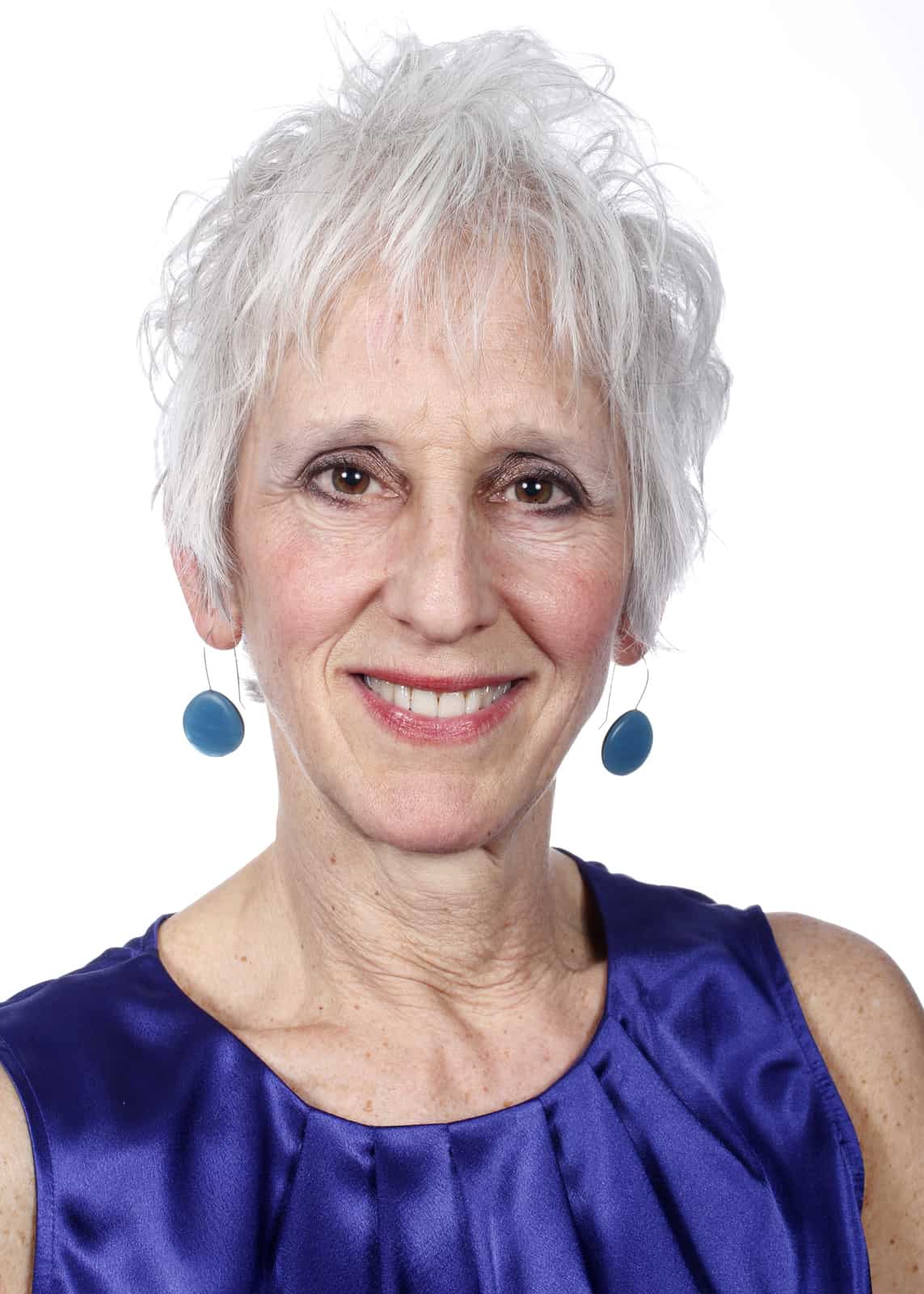
A message from Deputy Director Nahma Nadich:
I may be revealing my age when I share a vivid childhood memory of visiting my grandmother, of blessed memory. After a hearty meal of her delicious kasha (it was almost always kasha – her culinary repertoire was not vast) we’d settle down to watch her favorite TV program: the Lawrence Welk show.
She loved the kitschy bandleader and his wholesome music, but what she really loved were the credits that followed. She’d scan the scrolling text, reading aloud in her thick Russian accent, each name of someone she assumed to be a Jew, kvelling anew with each discovery. This pride in the accomplishments of our people was not limited to the geniuses behind Welk’s “art”. The same proud proclamations accompanied the announcement of achievements of all kinds – the arts, sciences and every other field of human endeavor.
I felt just like my grandmother this week, when I reacted to a sporting event, in a way that mirrored her brand of TV watching. Lydia Jacoby, the extraordinary teen aged swimmer from Alaska stunned the world by beating Olympic champion Lilly King to win the gold in the 100m breaststroke. Mid cheer, I was seized with a desperate desire to know the most essential fact about the new gold medalist. IS SHE A JEW?
Naturally, I reached out to Twitter (or more precisely “Jwitter”), where I discovered that I was not alone in wondering. My curiosity was noticed by the JTA, which immediately investigated, and much to the disappointment of Jewish fans everywhere, concluded that we could not count Jacoby as a Member of the Tribe.
What is it with our obsession in claiming notables and taking credit in their accomplishments? As amused as I was by my grandmother’s careful record keeping, it also made me a bit uneasy, since as a young person, I aspired to a more universalist worldview, one in which we were all members of a common family. But as I get older, I understand her better. It’s only natural to get an extra thrill when someone close to you – from your family or from your people – is recognized for their achievements. I’ve been relieved to witness the same phenomenon from other minority groups, particularly ones also accustomed to seeing their members too often denigrated and maligned. I remember hearing my colleagues at an LGBTQ health center excitedly debating whether certain prominent figures were a part of their community, and I’ve seen the joy experienced by Black friends when accomplishments of Black leaders are recognized and celebrated.
Maybe it’s only natural to watch the Olympics with a special focus on “our people” whoever they are, just as our eyes are never averted from watching our own children perform in a class play. And maybe even shouting “USA!” from our sofas, is to be expected from time to time.
But thankfully, the Olympic experience doesn’t demand that we abandon all universalist impulses, even when as we revel in our particularistic victories. The global athletic community also has the power to transcend national boundaries, as I was reminded during another thrilling moment in women’s swimming. American swimmer Katie Ledecky, the most decorated female swimmer of all time, and the holder of the world record in the 400 freestyle, was beat in that event by Australia’s Ariane Titmus. The women immediately embraced, celebrating each other’s astonishing performances, and in an act of true sportsmanship, Titmus credited Ledecky for spurring her on, saying “I wouldn’t be here without her”. The women may be on different teams, representing countries across the Globe from each other, but what they share -a love of the sport, superhuman discipline and a relentless desire to be the best – is much greater than all that divides them.
Olympics notwithstanding, I’m not much of a sports fan, and as a Bostonian, I don’t always get what all the fuss is about. But it turns out, there are some profound life lessons to be learned from sports, even ones that are relevant in my line of work. Whether it comes to international athletic competitions or community relations, there is definitely a time and place for a laser focus on our own, a time to recognize, and take pride in our people’s achievements – and a time to embrace the human family, to marvel at the diverse tapestry of humanity and to celebrate all that binds us together.
But I’m still not entirely convinced that Lydia isn’t Jewish.
Shabbat shalom


